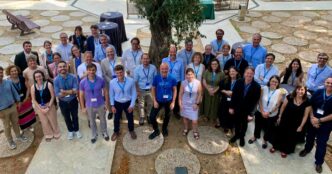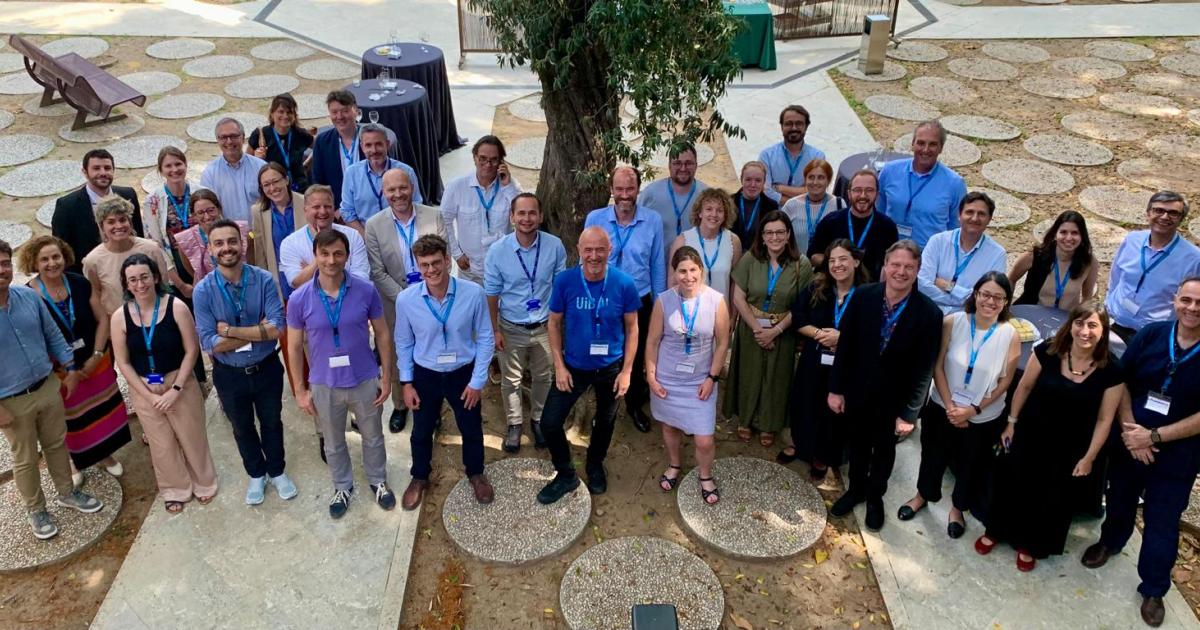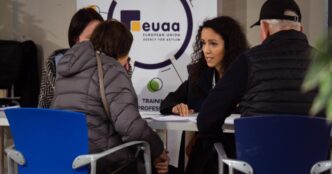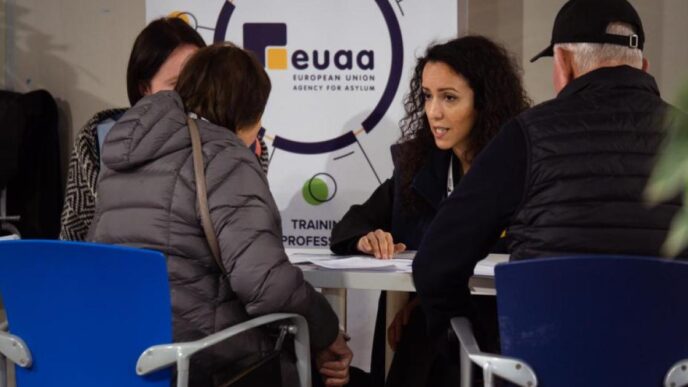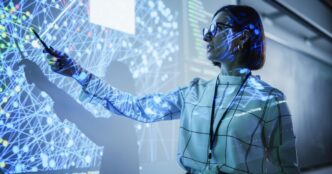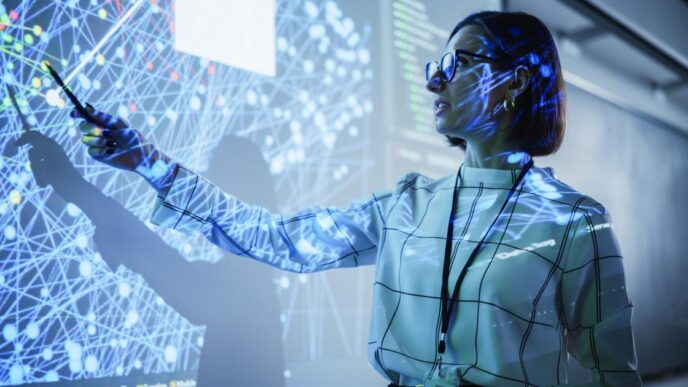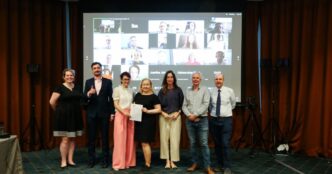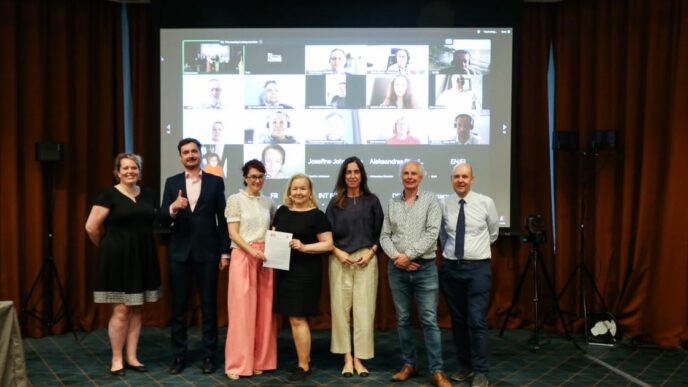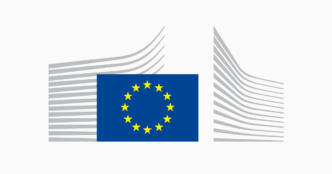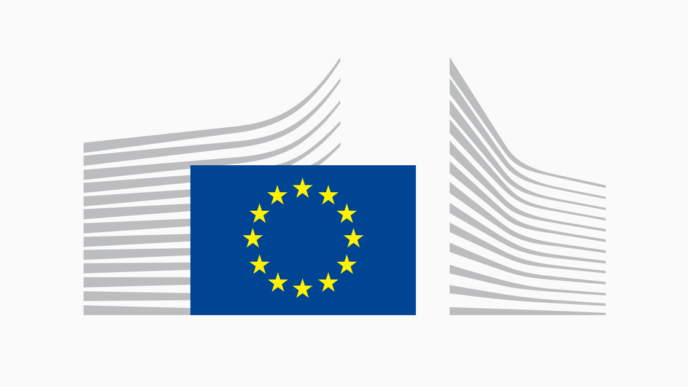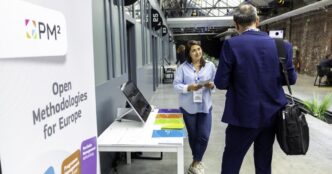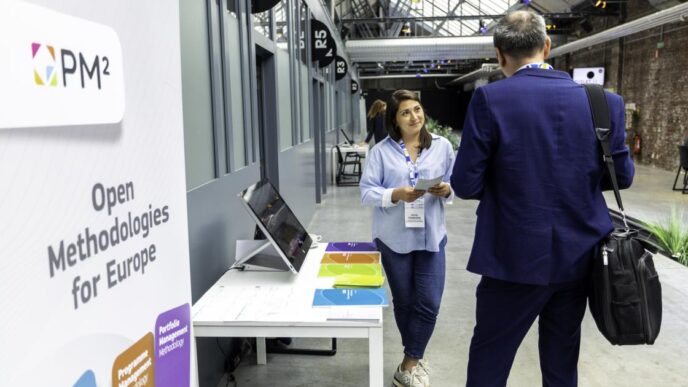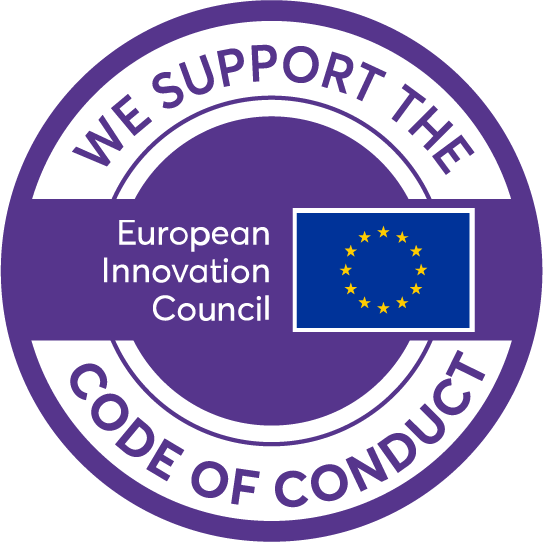Seville, 12 June 2025 — As artificial intelligence (AI) continues to reshape the scientific landscape, the European Commission is intensifying its efforts to define a coherent and forward-looking strategy for AI in science. At the heart of this process was the AI in Science stakeholder event, hosted by the Joint Research Centre (JRC) in Seville and co-organised with DG Research and Innovation (RTD). The event gathered experts from academia, research infrastructure providers, and policy institutions to contribute directly to the forthcoming European strategy on AI in science.
The workshop followed the recent closure of an online consultation, which attracted over 160 position papers and more than 600 responses from across the scientific community. In Seville, discussions provided a space to complement those findings, bring a qualitative lens to the data, and explore practical, stakeholder-driven pathways for Europe to strengthen its role in the global AI science ecosystem.
Opening the event, Alberto Pena Fernandez, Head of the JRC’s Algorithmic Transparency Unit, stressed the need for a European approach that combines scientific excellence with societal trust.
Lars de Nul of DG RTD provided a detailed overview of the strategy under development, describing it as a dual agenda: supporting both the use of AI for scientific discovery and the advancement of AI through scientific research. The term “AI science” now captures this twofold ambition. The Commission aims to create an integrated, values-driven ecosystem where Europe can lead not just in technological development, but in ensuring that AI serves science and society alike.
Participants emphasized the importance of investing in talent, noting that Europe must become more competitive in retaining top researchers who are often drawn to the US and China. Strong institutional frameworks, interdisciplinary career paths, and high-quality training programmes were identified as essential. Many attendees also raised concerns about the overwhelming volume of unvetted AI training material currently available, calling for clearer guidance and quality benchmarks.
Access to high-quality data and compute emerged as another critical theme. There was strong support for dedicated funding to create and curate scientific datasets, along with calls for improved metadata standards, data provenance systems, and interoperability. The current complexity of integrating scientific data into European infrastructures such as AI factories or EuroHPC was highlighted as a practical barrier to progress.
Throughout the event, stakeholders repeatedly stressed the need for a more coherent and less fragmented European ecosystem. While interdisciplinarity and diversity were praised as a strength, participants also suggested to the alignment of national strategies, reduce duplication of effort, and support cross-border collaboration on shared scientific and societal challenges. In this context, some pointed to the Joint Research Centre (JRC) as an example of a multi-site research institution contributing to integrated, pan-European scientific efforts.
Discussions on ethics and research integrity were particularly timely, with several experts warning of the risks posed by generative AI tools to scientific credibility. Participants supported the expansion and operationalisation of EU ethical guidelines, particularly in areas such as transparency, explainability, sustainability and data privacy. As AI becomes more deeply embedded in the scientific method, these safeguards will be key to maintaining public trust.
A recurring point across the sessions was the need for Europe to assert a distinctive global positioning. While acknowledging the rapid progress of AI capabilities in the United States and China, participants argued that Europe’s advantage lies in its commitment to trustworthy AI, public sector leadership, and high standards in science. To compete globally, the EU must couple scientific excellence with targeted investment, open collaboration, and strategic autonomy.
The inputs gathered in Seville will directly inform the shaping of the European Strategy for AI in Science, expected later in 2025.
